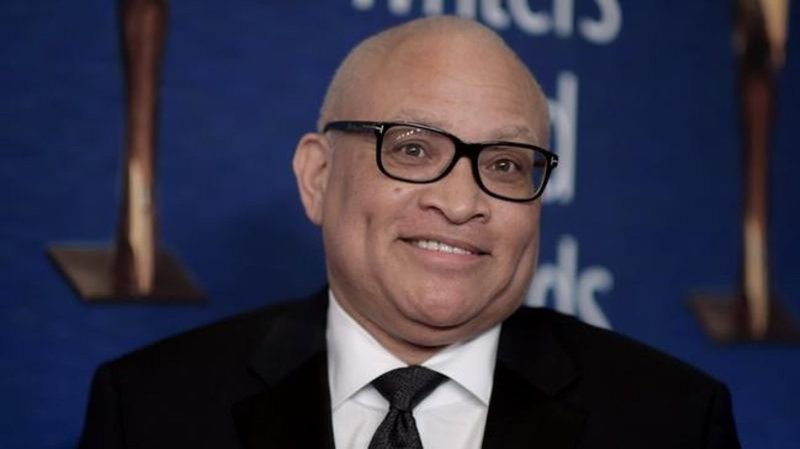
Larry Wilmore is ready to talk politics, culture on new show
LOS ANGELES — Larry Wilmore has been down the road as a talk show host before, with a Comedy Central show that was here and gone in two seasons — taking with it his droll and incisive brand of satire.
“Wilmore,” his new weekly series for the recently launched Peacock streaming service, came together on the fly but, as he describes it, promises to be a better fit for the writer, performer and producer of shows like “black-ish” and “The Mayor.”
The half-hour show debuts Friday with soccer great Megan Rapinoe, Missouri Democratic Congressional candidate Cori Bush and comedian-writer Amber Ruffin, another new Peacock host.
The contest between President Donald Trump and former Vice-President Joe Biden will loom large on “Wilmore.” But the host-producer said the focus will be his and his guests’ perspective on events rather than a string of one-liners.
